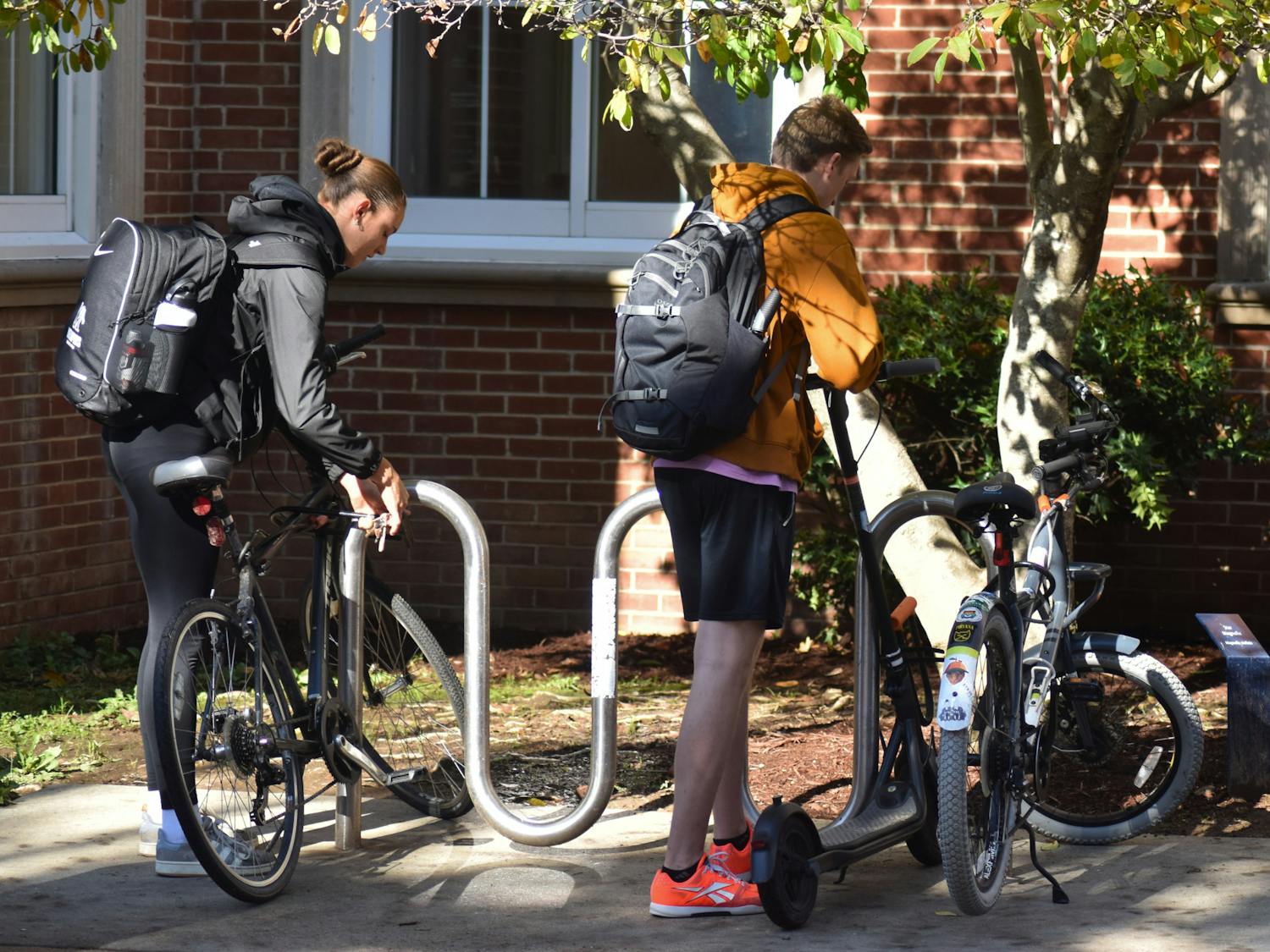A local activist group has gained the support of the National Urban Land Institute to restore the Mid- South Coliseum as a culturally historic site.
The City of Memphis announced its plan to demolish the Coliseum in 2013 to construct a youth recreation complex, but that has been put on hold due to the Coliseum Coalition, a group of citizens who believe that the Mid-South Coliseum was the epicenter of entertainment in the region and should be restored.
“People kept their opinions pretty quiet until the bulldozers showed up,” said Marvin Stockwell, spokesman for the Coliseum Coalition. “After that, we met with the city council to share our concerns, and they didn’t oppose us at all. In fact, they asked us what ideas we had and were very interested.”
City officials then spent $100,000 bringing the National Urban Land Institute to create a framework for the future of the Coliseum. The ULI upheld the community’s desires for restoration, citing that it is one of the biggest opportunities for the city currently.
The Mid-South Coliseum was once the premiere entertainment venue in Memphis. Seating just over 10,000 people, the Coliseum opened in 1963 and hosted Memphis Tiger basketball, wrestling and an array of different concerts — including Elvis, The Beatles, Frank Sinatra and the Rolling Stones.
It closed in 2006 because the city could not afford to get the facility up to code with the Americans with Disabilities Act.
“Most cities would give their lives for the music history and culture that Memphis has, but we were almost ready to throw it in the dumpster,” Stockwell said. “This is something we can’t get wrong, and we are honestly racking up to win.”
The Coliseum Coalition has been tasked with bringing the community up-to-date on the progress of the Coliseum and learning what everyone wants done with the space.
“When the Coalition first met with the Orange Mound community, we weren’t quite sure what to expect,” Stockwell said. “But they were collegial instead of adversarial, and that has been extremely helpful in the scheme of things.”
Memphis has recently seen many old buildings and areas revitalized, such as the Tennessee Brewery, which held events showing its possible uses and community interest until an investor purchased the building and prevented its demolition.
“The Brewery situation showed citizens that there are places worth saving, and that it’s possible,” Stockwell said. “It also taught us that if you can get people to see your vision, they will want to be involved.”
Although there is much optimism and support for the project, Stockwell said that everything isn’t completely secure yet.
“No one at this point is openly against the Coliseum besides the folks spouting off on Facebook,” Stockwell said. “But my biggest fear is that too many people involved with the old plan are still at the table, and they might decide to ignore the ULI’s recommendations and keep the old plan. The Coliseum Coalition just has to keep them honest.”





